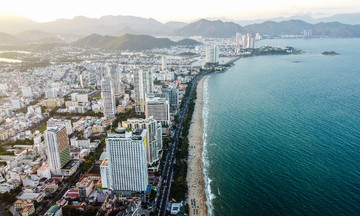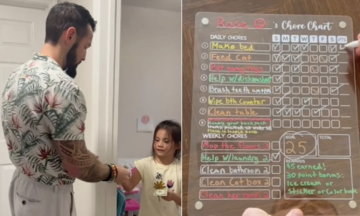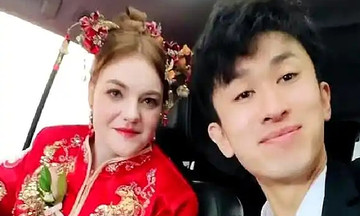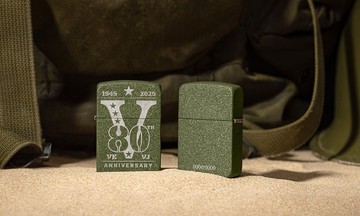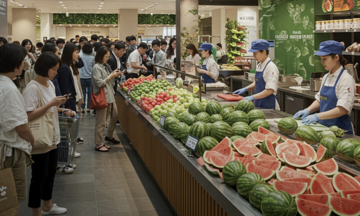Tomioka, a town in Fukushima Prefecture, became a no-go zone after the 2011 nuclear power plant disaster. The Japanese government evacuated all residents, but Naoto Matsumura, then 52, a construction worker, chose to stay, even as his family left.
"I couldn't bear to abandon the animals waiting for their owners to return, only to slowly die," Matsumura said. He explained that these were the pets and livestock of his neighbors, left behind during the emergency evacuation on 11/3/2011.
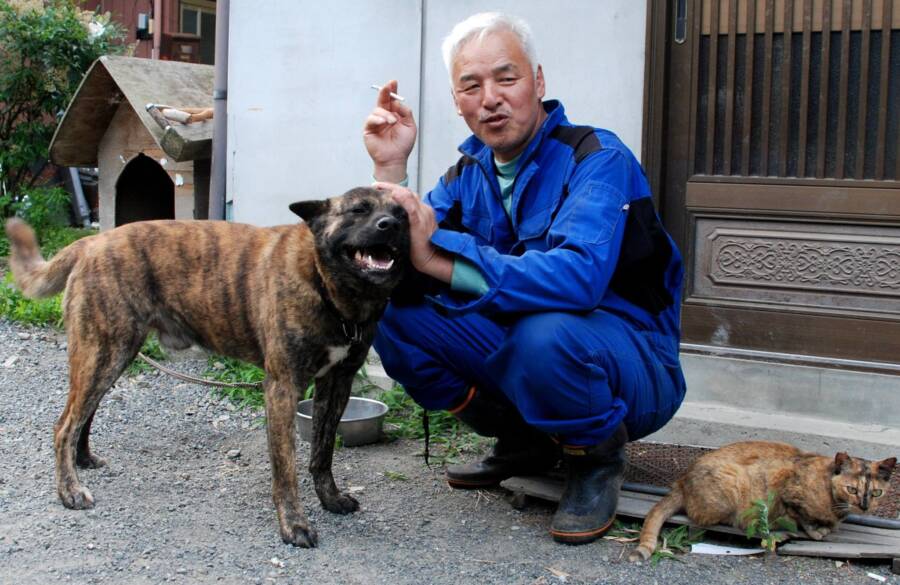 |
Naoto Matsumura with his animals in Tomioka, Fukushima Prefecture, Japan. Photo: Keiko Nasu/Facebook |
For the past 14 years, he has not only cared for dogs and cats but also squirrels, cows, pigs, and even ostriches on abandoned farms. Initially, he only intended to return to care for his own pets, but after hearing cries for help everywhere, he decided to take in the others. "They (the animals) were like they were calling for help; I couldn't leave them," he recalled.
Every day, he drives around the town to care for the packs of stray dogs and cats and numerous other livestock. The cost of feeding so many animals quickly drained his savings. He then had to appeal for support from the community, and benefactors sent food from outside the zone.
Despite his efforts, he couldn't save them all. The scene within the exclusion zone was devastating. More than 1,000 livestock animals in Tomioka starved to death in their pens. "The stench was so terrible that just standing there for five minutes would leave the smell on you. It was truly a hellish sight to remember," he said.
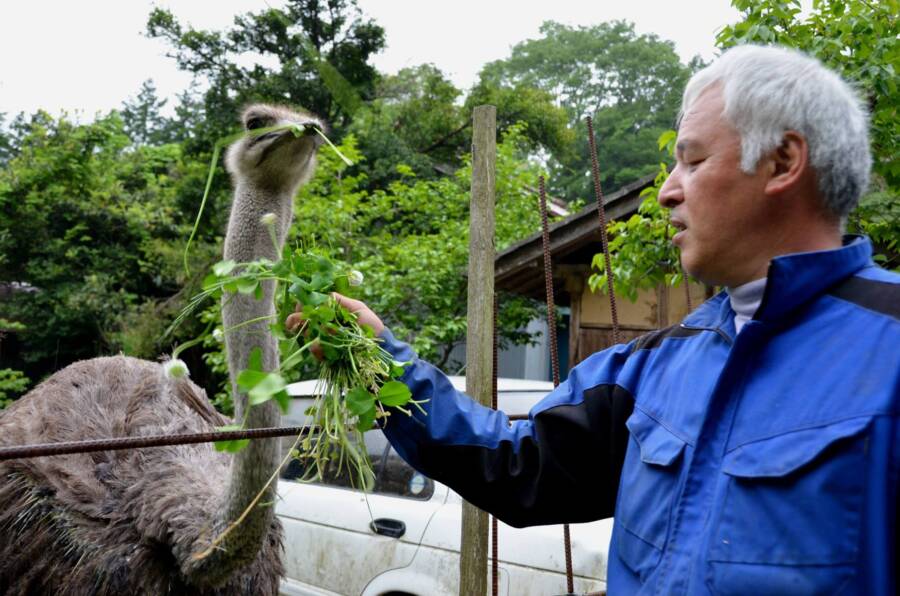 |
In addition to pets, Naoto Matsumura cares for ostriches left behind on farms in Tomioka, Fukushima Prefecture, Japan. Photo: Keiko Nasu/Facebook |
Naoto Matsumura is the only person living within a 20 km radius of the exclusion zone. Researchers from the Japan Aerospace Exploration Agency (JAXA) call him the "champion" for radiation exposure in the country. When he first returned, he ate contaminated vegetables, meat, and fish.
Despite the risks from radiation levels 17 times higher than normal in the air, soil, and water, Matsumura persists in his work. He calls himself "the guardian of Fukushima's animals."
"Living here, if I'm going to die from radiation, it will probably be in 30 to 40 years. I'm old; I'll probably die before cancer has time to develop," he once told VICE.
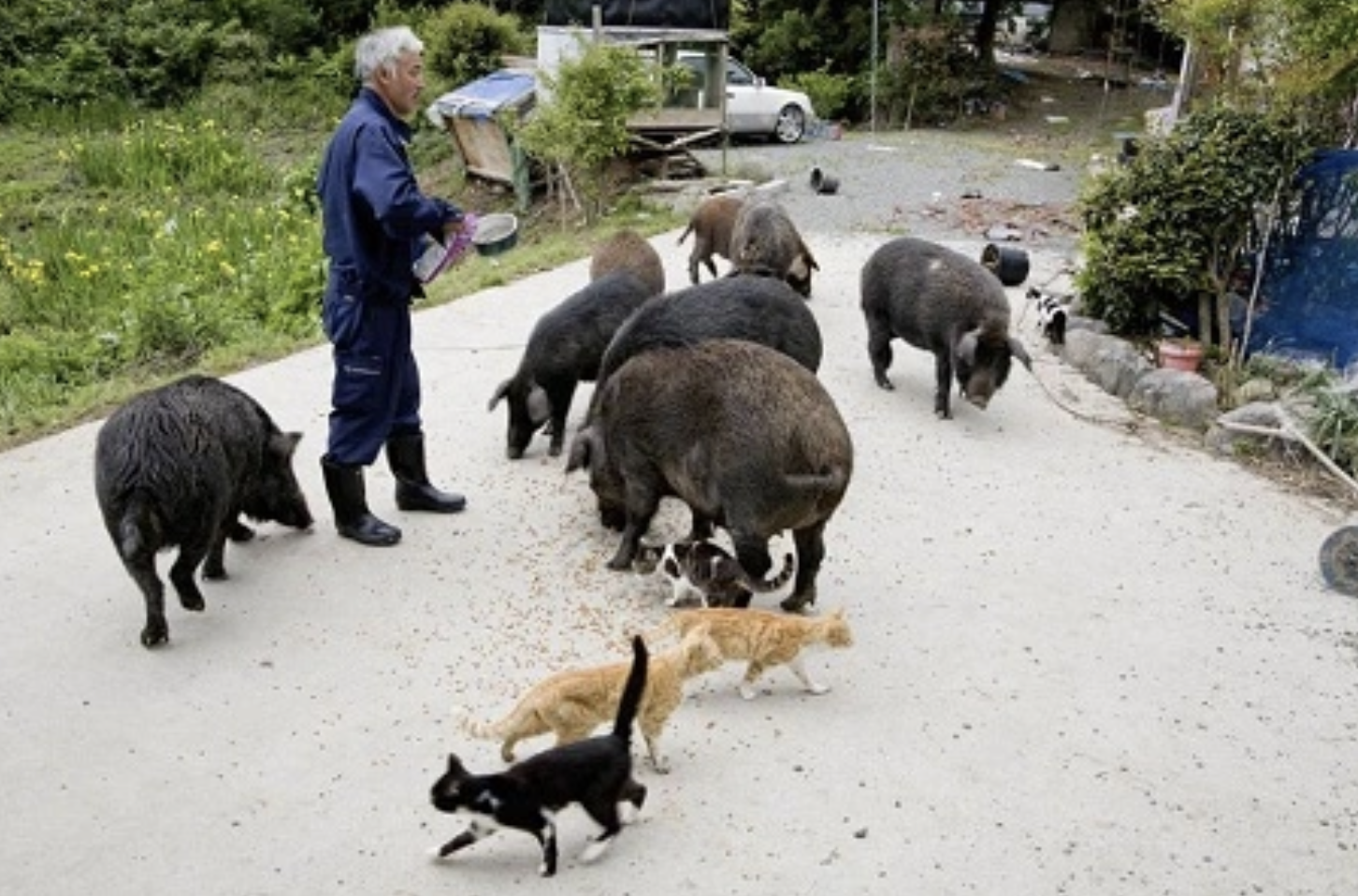 |
Naoto Matsumura's daily work largely involves caring for abandoned animals in Tomioka, Fukushima Prefecture, Japan. Photo: Keiko Nasu/Facebook |
Currently, he lives without electricity and running water, using solar panels to power basic devices. His food and water supplies rely mainly on aid from outside the zone and have been tested for safety.
Amid the solitude, Matsumura remains optimistic. "I feel like Robinson Crusoe on a deserted island," he said. For him, the connection to this land is unwavering.
"I was born and raised in Tomioka. When I die, I also want to be buried here," the 65-year-old said.
Minh Phuong (According to CNN, Allthatsinteresting, Sohu)








